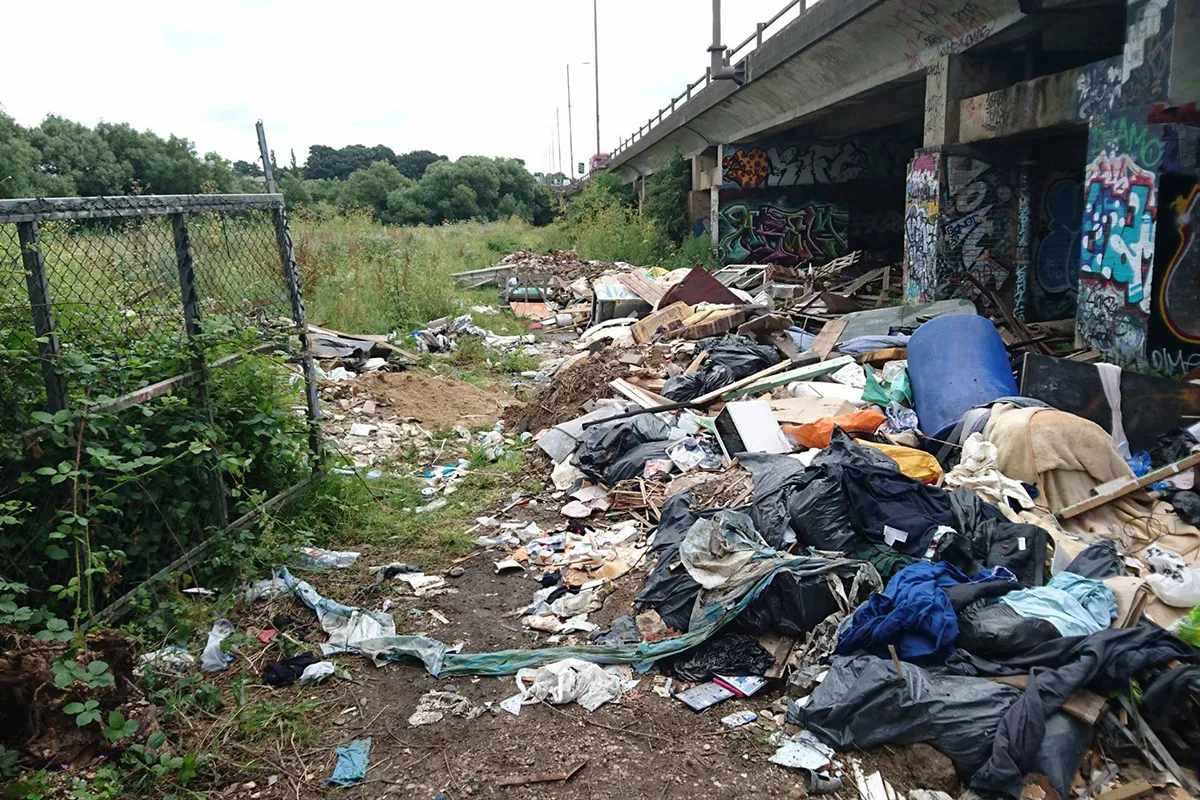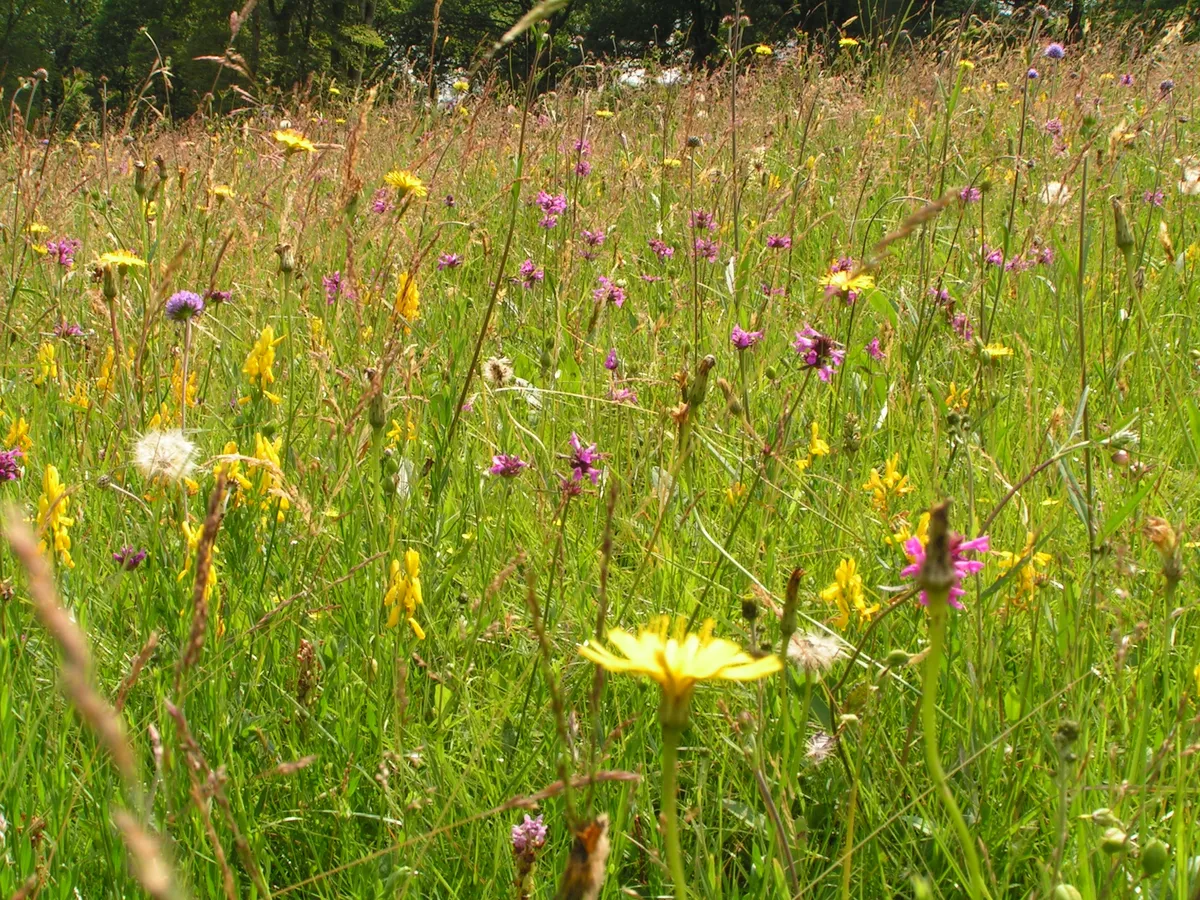Other impacts of the pandemic on the British countryside include the halt of important badger vaccination projects. Craig Bennett, chief executive of the Wildlife Trusts, talked of ‘desperate times’ and said he was heartbroken that so much valuable work restoring large areas of land has been put on hold. He said the lockdown had imposed severe restrictions on the Trust’s ability to manage rare and fragile habitats and battle illegal activities on its reserves.
Meanwhile, Martin Harper, director of conservation for the RSPB said that ‘the crisis facing nature is not on hold, and our core mission as a charity remains as important as ever.’
Thirteen regional Wildlife Trusts have experienced vandalism on their sites since the lockdown. Hertfordshire Wildlife Trust has reported illegal wildfowl shooting at Hilfield Park reservoir, a reserve that is home to the only breeding population of black-necked grebe in the south east. Lancashire, Warwickshire, Suffolk, and Staffordshire Wildlife Trusts have reported increases in fly-tipping incidents. Cornwall and Dorset Wildlife Trusts documented fires on their reserves, Durham Wildlife Trust has reported littering, and a few Trusts have also reported anti-social behaviour, for example, the use of motorbikes on sites in Warwickshire. Montgomeryshire Wildlife Trust and London Wildlife Trust also reported thefts on their sites.

Other impacts include the suspension of vital conservation work, said Bennett, which has led to the further spread of invasive non-native species such as Himalayan balsam, deterioration of rare wildflower meadows, stalled wildlife reintroductions and potential loss of species such as dormice from some areas.

Surrey Wildlife Trust has been unable to erect electric fencing on its large heathland sites as this requires lots of volunteers and staff getting together to do it – and this is impossible because of social distancing requirements. This means the heathland cannot be grazed correctly with impacts for threatened species such as nightjar, woodlark, smooth snake and sand lizard.
Meanwhile, Alderney Wildlife Trust cannot access some of its offshore islets, which have important breeding areas for auks like razorbills and guillemots, while its rat control project to protect seabirds has stalled. The trust has also had to postpone monitoring work of seabird populations of species such as gannets as well as marine mammal populations. The suspension of beach cleans will also mean more pollution and danger for marine mammals.
Bennett called for more support and creative thinking to enable wildlife charities to respond to the crisis. ‘The government has offered some financial support for the charity sector but it is mostly focussed on healthcare charities at this time. We completely understand that, of course, but would urge Ministers to reflect on how protecting nature, and in particularly protecting access to local nature, is also incredibly important for maintaining people’s physical and mental health and wellbeing during this difficult period.’
He called for conservation work payments from government agencies to be expedited and the furlough scheme to be adapted ‘so that it can be used by charities to pay staff to continue providing essential public services rather than sitting at home doing nothing.’

